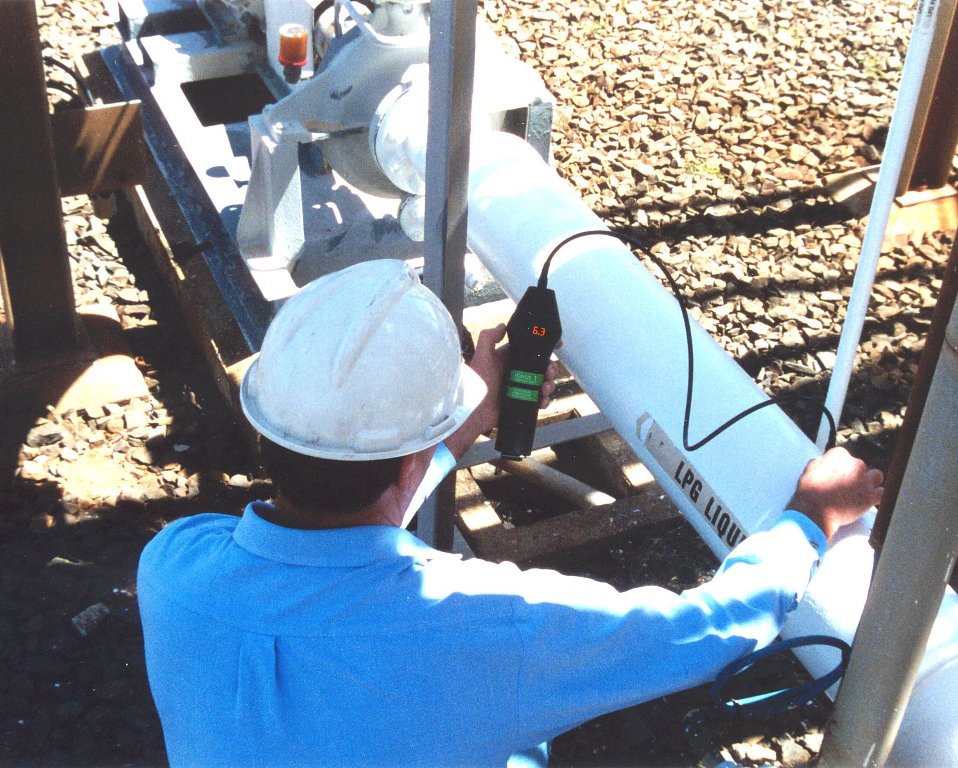In industries like oil, gas, and petrochemicals, safety is paramount. In hazardous environments, even the smallest spark can lead to catastrophic events. This is where intrinsically safe thickness gauges, such as the Cygnus 1 Ex, play a vital role. They allow engineers to measure material thickness without the risk of ignition, ensuring precision and safety. In this article, we’ll explore what makes these devices unique, their applications, and why the ultrasonic thickness gauge is indispensable for industries operating in potentially explosive environments.
What is an Intrinsically Safe Thickness Gauge?
An intrinsically safe thickness gauge is specifically designed for use in hazardous areas. These gauges meet rigorous safety standards and are engineered to prevent sparks or electrical faults, which could ignite flammable gases or materials. Their primary function is to measure the thickness of materials like metal or pipelines without compromising safety.
How Does an Ultrasonic Thickness Gauge Work?
The ultrasonic thickness gauge sends ultrasonic pulses through the material. The sound waves travel through the material and reflect back when they reach the opposite surface. The gauge measures the time taken for the waves to return, converting it into an accurate thickness reading. These gauges provide non-invasive, highly accurate results, ideal for industrial applications.
Why Choose Cygnus 1 Ex for Intrinsically Safe Environments?
The Cygnus 1 Ex stands out among intrinsically safe thickness gauges, offering reliability and precision in the most challenging environments. Here’s why it’s a preferred choice:
- ATEX and IECEx Certified: Certified for use in hazardous zones, the Cygnus 1 Ex guarantees compliance with the highest safety standards.
- Multiple Echo Technology: This feature ensures accurate readings even through coatings and corrosion, saving time and avoiding the need for surface preparation.
- Rugged and Lightweight Design: Built to withstand harsh conditions, it’s easy to carry and use on-site.
- Long Battery Life: With extended operating hours, it supports continuous work shifts without frequent recharging.
Key Applications of Intrinsically Safe Thickness Gauges
1. Oil and Gas Industry
Pipelines, storage tanks, and refineries require constant monitoring to ensure structural integrity. The Cygnus 1 Ex allows engineers to safely inspect these assets in explosive atmospheres.
2. Chemical and Petrochemical Plants
Corrosive chemicals can deteriorate equipment over time. Intrinsically safe gauges enable frequent inspections, reducing the likelihood of leaks or accidents.
3. Marine and Offshore Platforms
In marine environments, corrosion is a constant threat. The Cygnus 1 Ex provides precise readings without needing to strip protective coatings.
Benefits of Ultrasonic Thickness Gauges
Ultrasonic thickness gauges offer several advantages over traditional measurement methods, such as:
- Non-Destructive Testing: Measurements can be taken without damaging the surface.
- Increased Safety: Suitable for hazardous environments, ensuring both operator and site safety.
- Accurate Results Through Coatings: Multiple Echo technology enables precise readings even with surface coatings or corrosion.
- Versatile Applications: Useful across various industries including oil, gas, marine, and chemical sectors.
Compliance and Certification
When selecting an intrinsically safe thickness gauge, it's crucial to ensure it meets the required standards. The Cygnus 1 Ex complies with both ATEX and IECEx certifications, making it suitable for use in Zone 0, 1, and 2 hazardous areas. These certifications guarantee the gauge has undergone rigorous testing and meets the necessary safety requirements.
Maintenance and Best Practices
Regular maintenance is essential to ensure the longevity and accuracy of ultrasonic thickness gauges. Follow these practices to maintain optimal performance:
- Calibration: Periodically calibrate the gauge to ensure continued accuracy.
- Battery Checks: Monitor battery levels and recharge as needed to avoid downtime.
- Sensor Care: Clean the sensor to prevent debris from affecting readings.
Conclusion
Intrinsically safe thickness gauges, such as the Cygnus 1 Ex, are indispensable tools for industries operating in hazardous environments. Their ability to provide accurate, non-invasive measurements while maintaining the highest safety standards ensures smooth operations and regulatory compliance. Whether you're working in oil, gas, marine, or chemical sectors, an ultrasonic thickness gauge is a crucial investment for reliable asset management and operational safety.
With its cutting-edge technology, rugged design, and certification for hazardous areas, the Cygnus 1 Ex stands out as the ideal solution for precise thickness measurements in challenging conditions.




